Gratitude Zines
Exercises to help you feel thankful
“I would maintain that thanks are the highest form of thought, and that gratitude is happiness doubled by wonder.”
—G.K. Chesterton
It’s Thanksgiving week here in Texas, and I wanted to share with y’all another little zine I made that you can download and print out:
Here is a video of how to fold the zine:
And here’s a version of the gratitude zine for kids that I simplified for the students in my son’s 2nd grade class:
If you’re having dinner guests, feel free to print out enough to leave one at everyone’s place setting and share this post far and wide.
Gratitude is something I have struggled with in the past. In fact, it’s been at times in my life when I should have felt more thankful than ever that I’ve had the hardest time feeling thankful.
The neurologist Oliver Sacks published a handful of essays before his death that were collected in Gratitude. He wrote:
I cannot pretend I am without fear. But my predominant feeling is one of gratitude. I have loved and been loved; I have been given much and I have given something in return; I have read and travelled and thought and written. I have had an intercourse with the world, the special intercourse of writers and readers. Above all, I have been a sentient being, a thinking animal, on this beautiful planet, and that in itself has been an enormous privilege and adventure.
Notice that Sacks here is writing in “gratitude tense,” something you could try if you keep a diary. Start each sentence you put down with the words, “I have…”
You’re reading a free Tuesday edition of my newsletter. If you’d like to receive more of these emails, become a paid subscriber.
One way to feel gratitude is to look outwards. I enjoy the fact that Marcus Aurelius’s Meditations begins with a section called “Debts and Lessons,” in which he lists the special people in his life and what they’ve taught him.
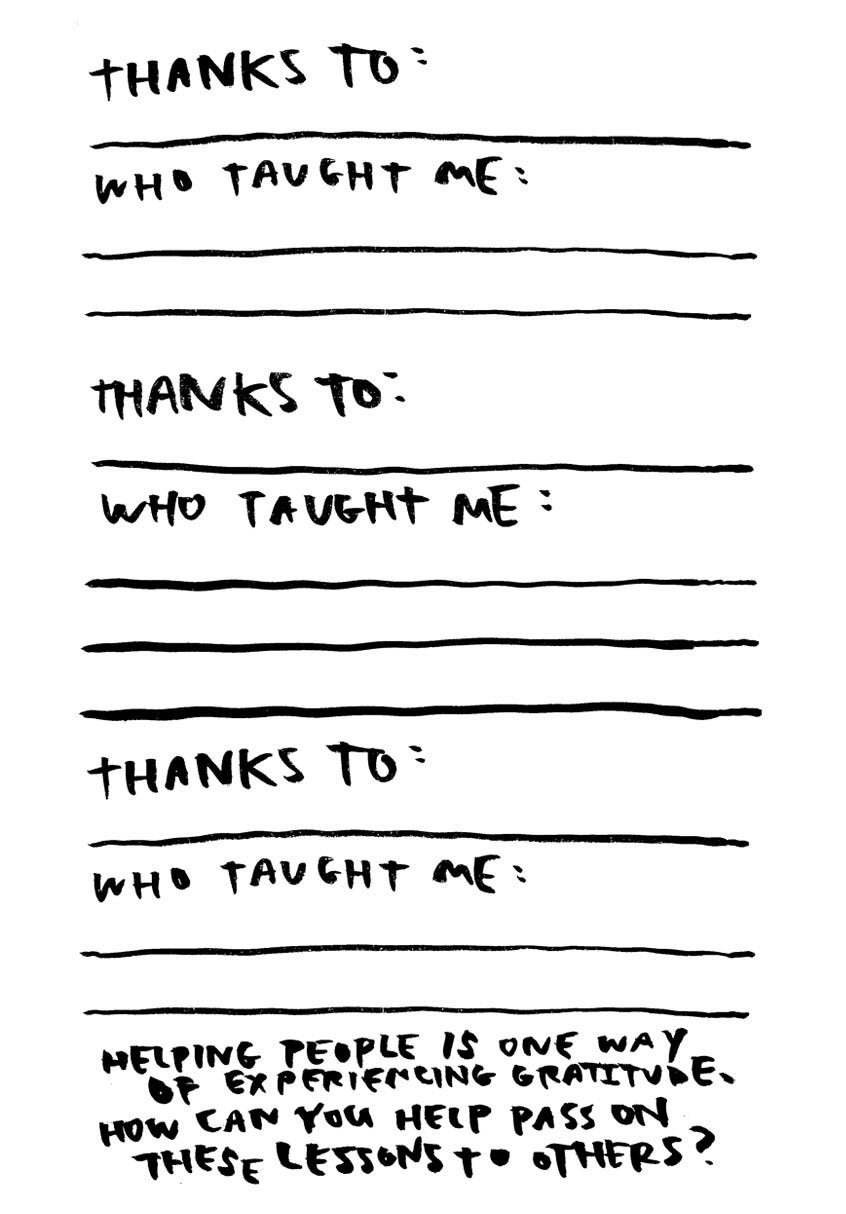
I never know how to feel about conceiving one’s life in terms of “debt” owed. “Debt” seems too transactional to me, and it implies that one can pay it off.
On August 7, 1883, Van Gogh wrote to his brother Theo that he felt an obligation, being given life, “to leave a certain souvenir in the form of drawings or paintings in gratitude.”
I prefer to think in terms of the gift. I have received enormous gifts in my life, and one doesn’t “repay” a gift, one keeps the gift moving. (Robin Wall Kimmerer writes beautifully about this idea in “The Gift of Strawberries” chapter of her bestseller, Braiding Sweetgrass.)
Kimmerer notes that gifts establish relationships. A relationship isn’t really a thing, it’s more like a field generated by two poles. A space in which things happen. An ever-evolving process, or a verb.
An ancient idea and mental trick that always helps me is to think of every noun in your life as a really slow-moving verb. Any thing you think is static in your world is actually in constant flux.
Nothing is completely solid. At times, this fact can cause one great anxiety, but it can also push one towards gratitude, towards noticing the gifts of this life, towards honoring one’s moment, and moving, with gratitude, “perpetual thanksgiving,” into the future…
Two bonus links to help you survive Thanksgiving:
Don’t fight with your family, study them.
My favorite Thanksgiving movie is The Last Waltz.
Thank you for reading! Feel free to share this post far and wide:
xoxo,
Austin



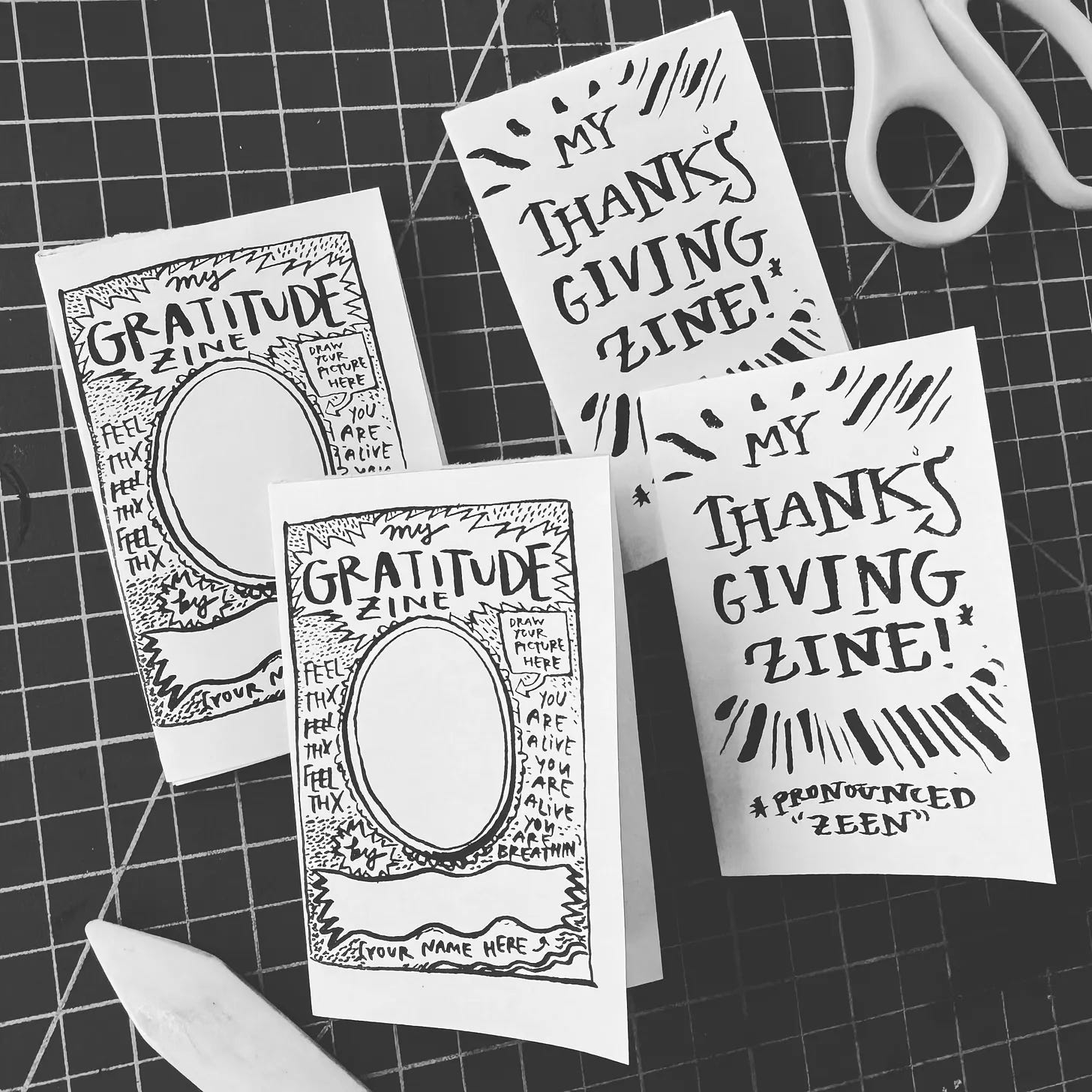
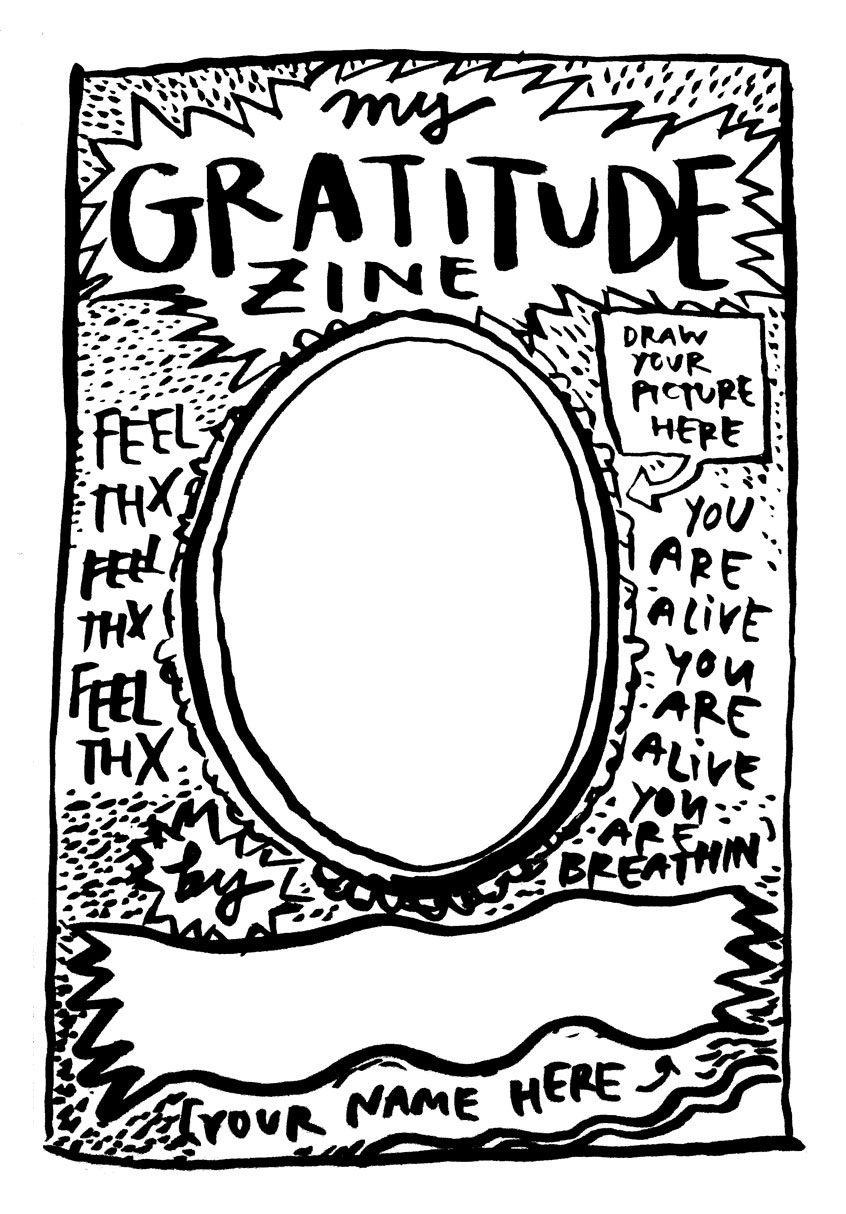
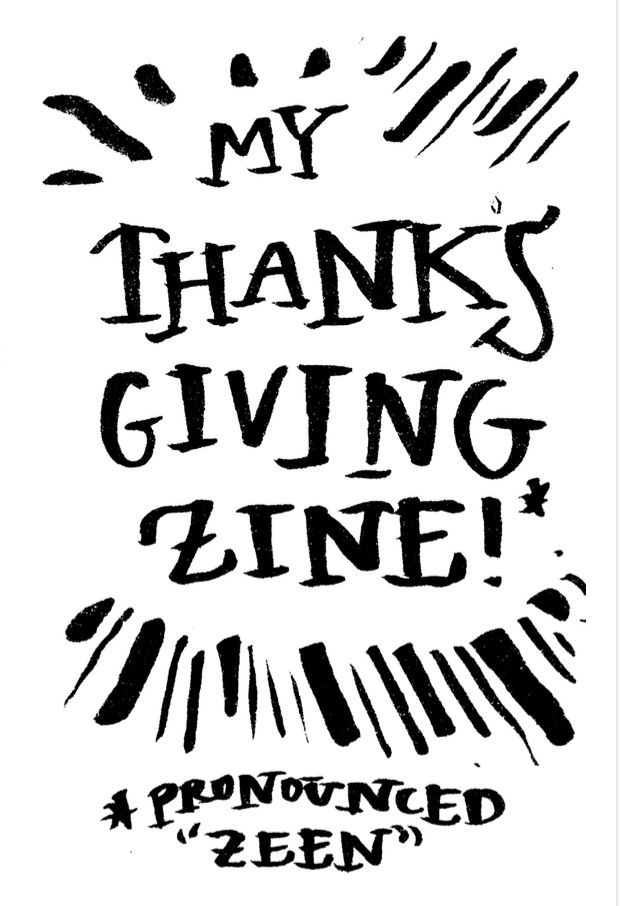
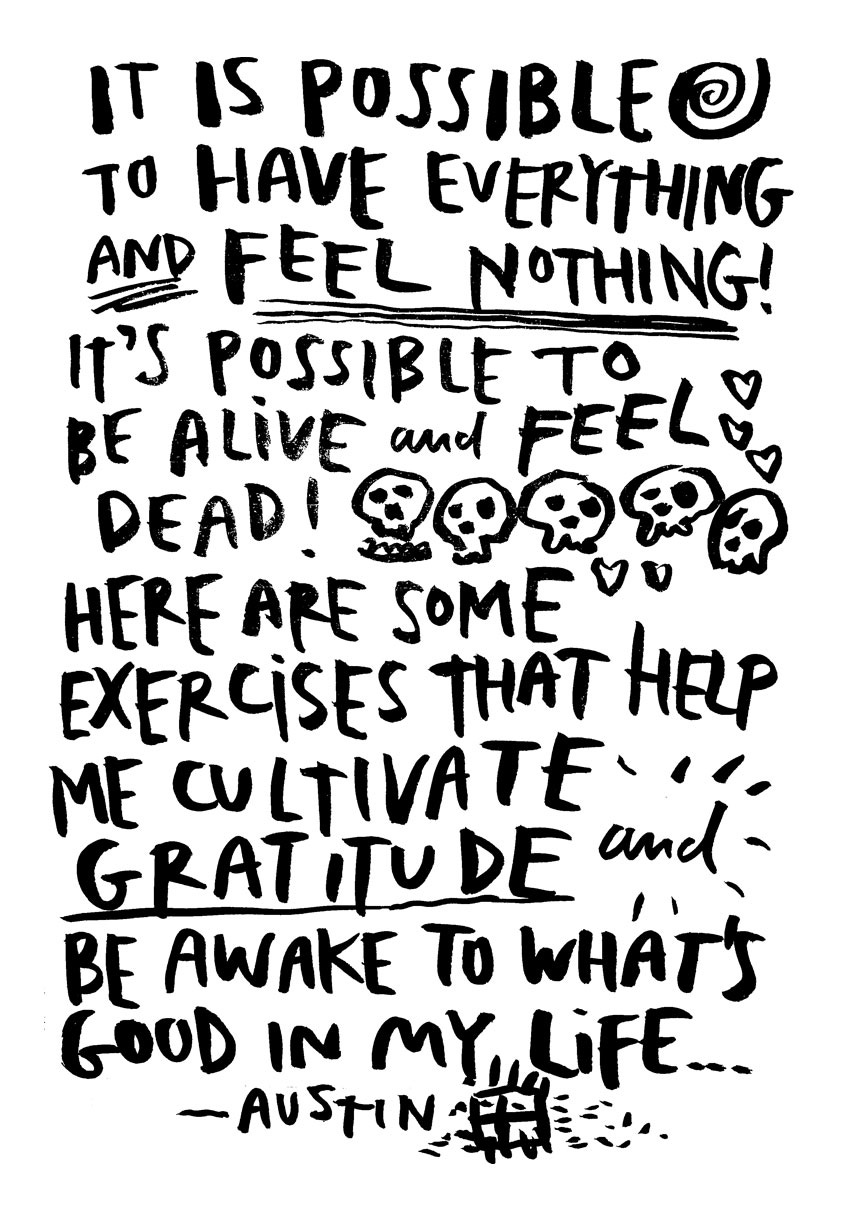

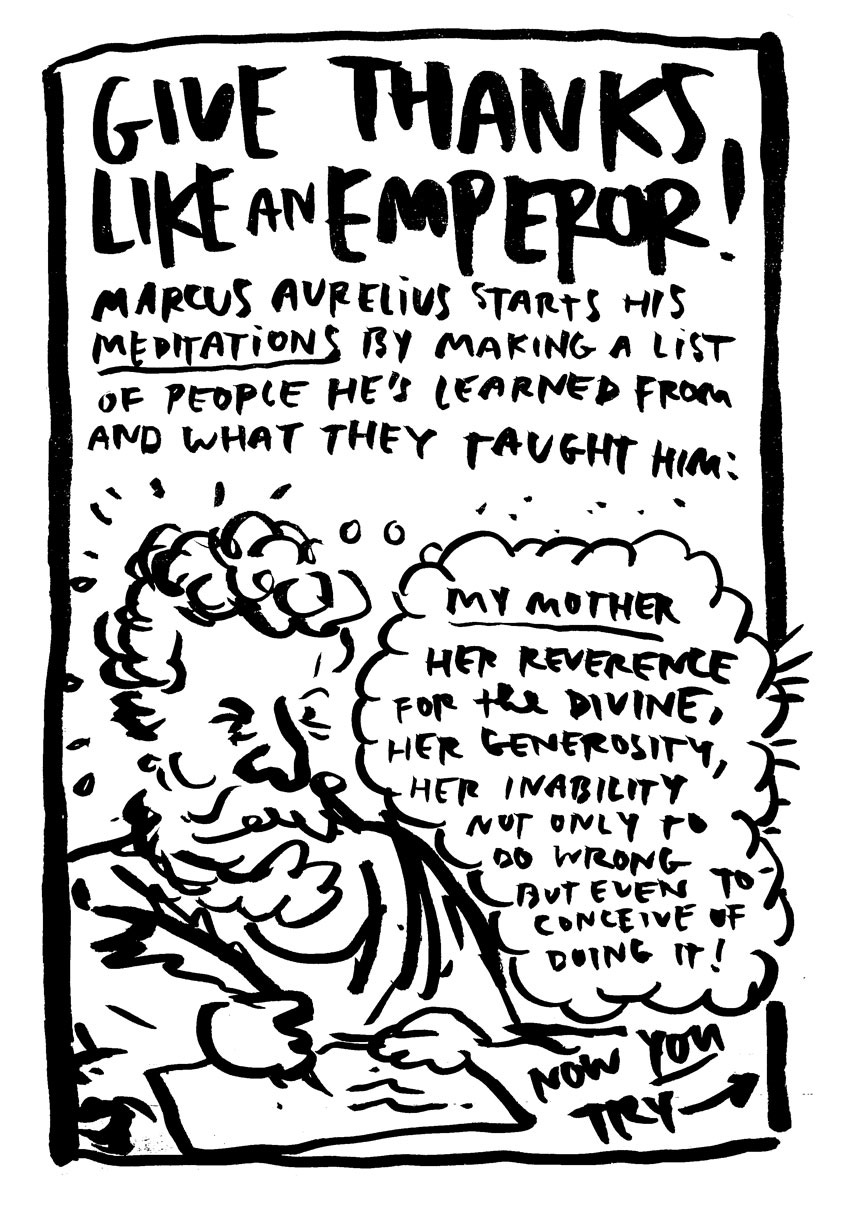



TeddyBoy, my tuxedo cat, walked into my life after living on the streets.
He repeatedly pushes my cell phone off the counter, rolls around on the clean dining table, and drinks water from the kitchen faucet, using his paw to occasionally hit me with water splashes.
TeddyBoy makes me laugh every day and shows me how not to worry about the future…perhaps the best pandemic advice out there.
I feel thankful for being able to read, process, and enact your shared “zine”. Every night I give thanks for a safe and healthy day. I have had a wonderful life, full of work, hobbies, friends, family, travel that have outweighed the “bad” of death, divorce, and disappointments.